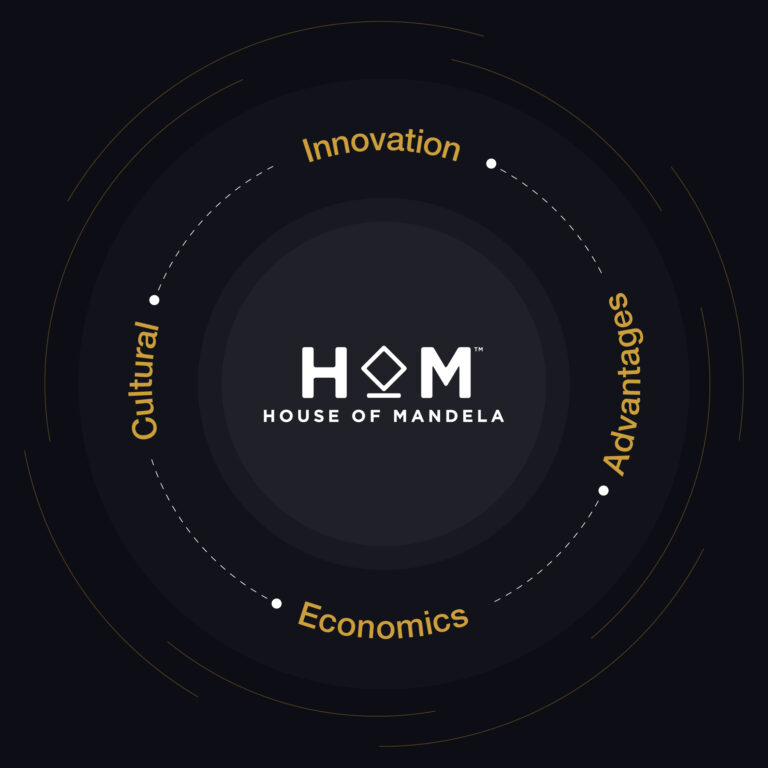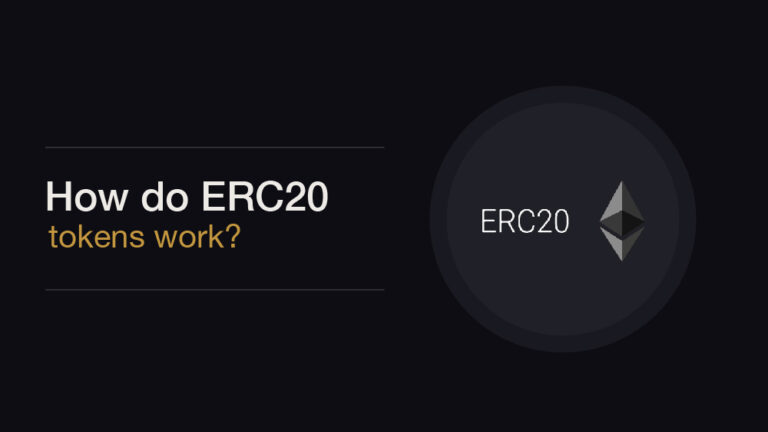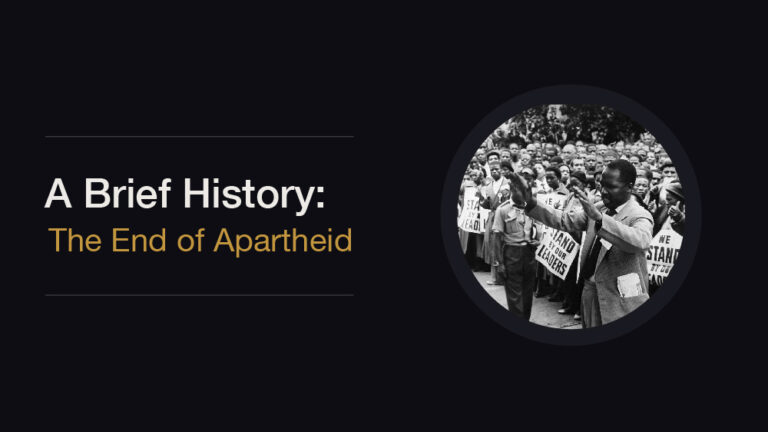You know her as the granddaughter of Nelson Mandela and a proactive entrepreneur. She sat down to share some fond anecdotes from her grandfather and dived into the innovations the House of Mandela is working on. From NFTs, Tokens, and the House of Mandela Family Foundation, here is Tukwini Mandela.
Question 1: How would you describe the global influence of your grandfather, Nelson Mandela, through his fight to abolish apartheid in South Africa?
My grandfather was introduced to politics quite early. His father was an advisor to a Thembu king in those days. When his father passed away, he was sent to live with the king’s regent. He learned his first political lesson there, in terms of how he behaved as a leader, and if you are the leader of a people, your interests lie with them, not with your power. My grandfather didnt just learned about politics when we traveled to Johannesburg and joined the ANC. He already had a great foundation. My grandfather firmly believed human beings have the right to live their own lives, the right to freedom, the right to education, and the right to make their living to support their families, and the apartheid government didnt allow that.
He truly believed in the coexistence of all races. His message was compassion, unity, and togetherness. Since he didn’t advocate violence or the extermination of one race over another, those morals resonate with many people. That’s why people sought him out from a leadership point of view.
Question 2: How did his struggle and success impact his legacy, including yourself, on a personal and familial level?
When my grandfather was in prison, he always said he couldn’t be negative at any point inside because that meant his death, if you will. Not necessarily a physical end, but one of what he stood for. Luckily, he had colleagues with him there with whom he could share his struggles. One of those people was Walter Sisulu, who introduced my grandfather to the struggle. He was a kingmaker of sorts. Without Walter’s guidance, I don’t think we would be the Nelson Mandela we all know today. My grandfather always believed you didnt lead alone but with the assistance of others. My grandfather, as a leader, always felt he had to surround himself with intelligent people that could see far better than he could because he was so immersed in the struggle. So he had a very democratic view of leadership, to lead with consensus, not alone, with the best interest of the collective in mind. I believe this made him a good leader.
He was always the same in public as he was in private. He always wanted to hear our views first before making a family decision. He always asked for our opinions which was important. He was a great listener too. He would listen to any issues and tell the truth, not what we wanted to hear. He would tell us what we needed to hear to resolve the situation and take responsibility for our actions. I thought that was always good. We grew and matured faster than some of our peers, for example, thanks to that. He had a positive outlook toward life and encouraged us to do the same. We had an interesting upbringing as far as experiencing leadership and how we treat others. Everybody deserves to be treated with dignity and respect, and we follow that line as a family. He always told us we are torch-bearers of the Mandela name. We don’t necessarily keep the name for ourselves. I also employ these principles in my life, and I always think about what my grandfather would do in this situation. What would my grandmother do in this situation?
Question 3: Amongst the many inspiring ways your grandfather impacted the world, he often chose to tell stories and mark his life through art series. Could you elaborate on the “Struggle Series”?
My grandfather was an artist at heart. He started to draw when he retired from politics. An artist came and taught him, realizing he had a genuine affinity for it and enjoyed it. So he started with the struggle series. It has a lot of impact on people because it talks about his stages through life. There was struggle, imprisonment, freedom, unity, and the future, so those are essentially the different stages of his life. He struggled in life in life as much as he did in politics. But in the end, because he was so tenacious and determined, he managed to attain freedom for himself as a human and for his country.
Those freedoms come with a lot of responsibility, and he emphasized that his goal was to build a strong foundation for South Africa without boxing it into a particular form of the political system. What matters is our people’s well-being; however, we attain that is a good thing.
Question 4: The Struggle Series will be the first NFT collection released by the House of Mandela. What is the importance of this project, and how do you believe it will honor your grandfather’s legacy and the future of South Africa?
I love the concept of NFTs because you are getting something that is not usually attainable. It makes it more tangible. It may not be the physical product itself, but it’s something you can obtain, and that’s wonderful. Through this project, we are amplifying a message of love, community, unity, and courage. It reminds people that even though we achieved freedom in South Africa, most people worldwide don’t have the same freedoms as us. So it’s crucial for us to reflect on the society we want to create and influence. It’s a constant reminder that the world isn’t in a good place; there is a lot of struggle. But if we continue to fight for the rights of ourselves and others, we will achieve freedom.
Part of my grandfather’s fight was for everyday South Africans to access the financial system. These NFTs are like a catalyst to adopt the HOM token and a way to bring our foundation to the accessible digital space. I believe my grandfather would like these projects as his most important focus was access to resources.
Question 5: Besides the NFT collection, how can the House of Mandela token be used to enhance the South African economy?
We are going to be heavily focused online. Moving forward, the online platform will be significant because that’s where people access things. A lot of people don’t go into stores anymore. We are also focusing on our food security project moving forward. I think covid gave us room for pause and a chance to review what we wanted to do with the brand other than just being a financial business. We tried to use this brand to do good. We want to impact people’s lives. Even if that’s one or ten or a million people, we hope that will have a snowball effect, encouraging people to do good.
We want to enlist merchant acceptance of our digital projects, including the HOM Token and NFTs. We always attend seminars and events and plan to share project developments. So it’s essential to put it online to amplify the message.
To learn more about the HOM Token 5% reward-back program or how to start accepting them, visit www.houseofmandelatoken.com. You can also explore the NFT collections and guide yourself to the House of Mandela store.
Follow us on social media for more!



